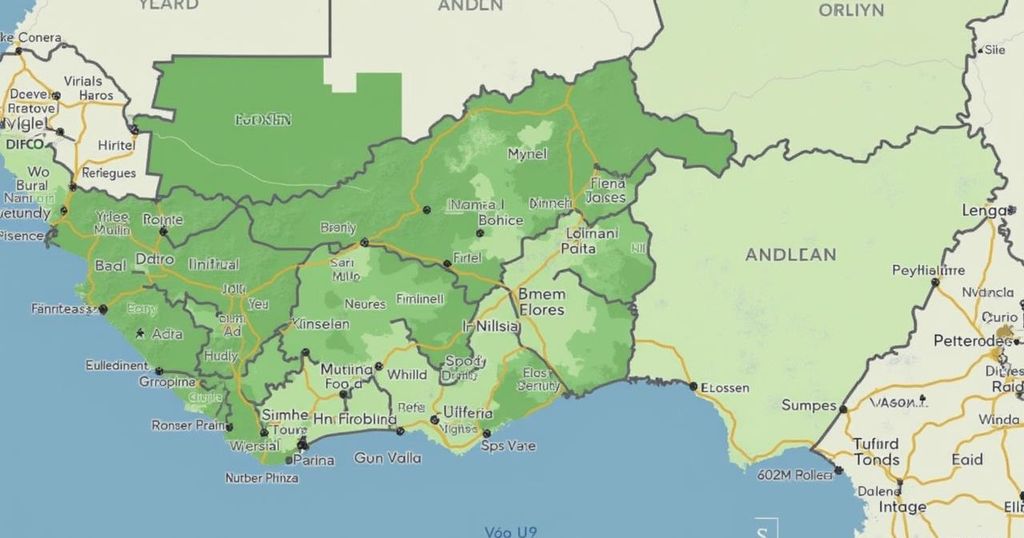Benin Republic, Niger, and Togo owe Nigeria $5.79 million in electricity bills for Q2 2024, amounting to N9.41 billion. This is an improvement from Q1 2024 when no payments were made. The total invoiced for electricity was $15.60 million, with $9.81 million paid. The report highlights challenges in payment compliance for both international and domestic customers.
The Nigerian Electricity Regulatory Commission (NERC) has reported that Benin Republic, Niger, and Togo owe Nigeria a total of $5.79 million in electricity bills for the second quarter of 2024, amounting to N9.41 billion when converted at the exchange rate of N1626.32 per dollar. This debt comes under an established international treaty allowing Nigeria to supply electricity to these neighboring nations. The companies responsible for the debt include Paras-SBEE and Transcorp-SBEE from Benin, Mainstream-NIGELEC from Niger, and Odukpani-CEET from Togo. Notably, this marks an improvement from the first quarter of 2024, during which these customers made no payments whatsoever for electricity supplied. In the latest quarterly report, it was revealed that these international customers accumulated a total invoice of $15.60 million, of which they fulfilled $9.81 million in payments. Domestic customers similarly fell short by not remitting N695.4 million out of an invoiced N1.99 billion for the same period. Overall, this data highlights ongoing challenges in payment compliance among electricity consumers, both international and domestic.
The obligation of neighboring countries to settle electricity bills owed to Nigeria is established under international treaties designed to facilitate regional energy cooperation. Nigeria, as the primary supplier of electricity within the region, engages in bilateral agreements that allow countries such as Benin, Niger, and Togo to access energy. These arrangements are aimed at enhancing energy security across West Africa. However, payment compliance has posed significant challenges, as evidenced by previous quarters where international customers failed to remit payments, resulting in accumulated debts. The latest figures from the NERC provide insight into the progression of these relations and the readiness of neighboring countries to fulfill their financial responsibilities regarding electric power sales.
In conclusion, the report from the Nigerian Electricity Regulatory Commission indicates a noteworthy progression in payment compliance from international customers in the second quarter of 2024 compared to the first quarter. Despite the reported debt of N9.41 billion, the shift from non-payment to partial payment reflects a move towards improved financial interactions. However, ongoing issues with domestic and international compliance continue to pose risks to the stability of Nigeria’s electricity market.
Original Source: www.ripplesnigeria.com







